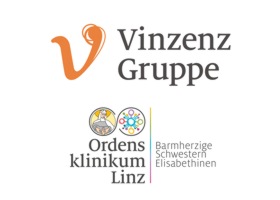The Potential Value of F-18 FDG PET in Comparison to CT in Early Prediction of Response to Imatinib (STI571) Therapy in Patients with Gastrointestinal Stromal TumorsTools Beheshti, Mohsen und Li, Shuren und Vali, Reza und Schima, Wolfgang und Dudczak, Wolfgang und Langsteger, Werner (2007) The Potential Value of F-18 FDG PET in Comparison to CT in Early Prediction of Response to Imatinib (STI571) Therapy in Patients with Gastrointestinal Stromal Tumors. Iranian Journal of Nuclear Medicine, 15 (2). pp. 34-42. 1 - 2007 Iran J Nucl Med Beheshti.pdf ['document_security_info' not defined] Nur registrierte Benutzer Herunterladen (356kB)
|
||||||||||||||||
|
|
|
|


 Tools
Tools Tools
Tools